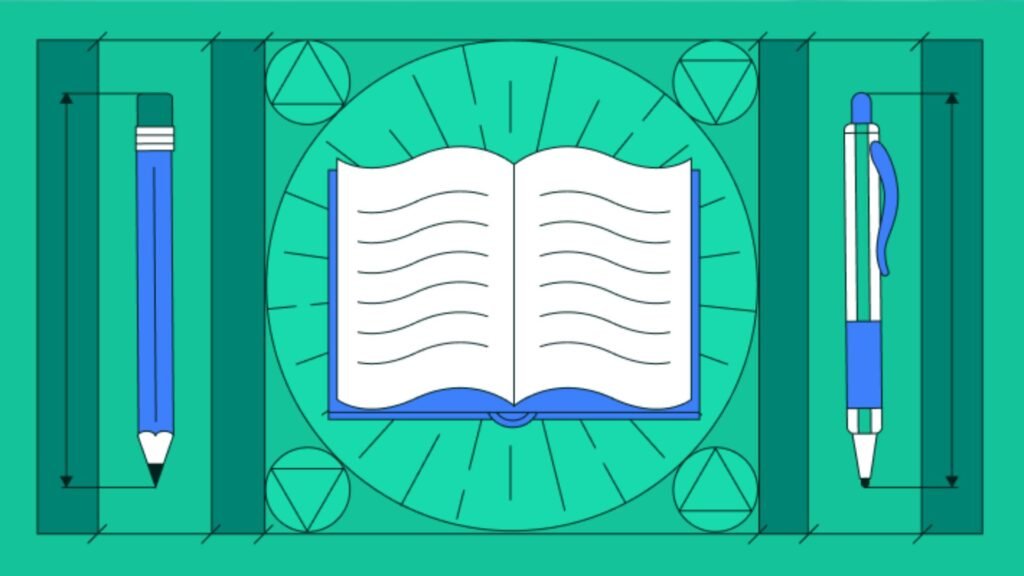Writing a novel is a monumental task, but with a clear understanding of the writing process, it can be a rewarding and fulfilling journey. From the initial spark of inspiration to the final edit, the journey from idea to finished novel requires patience, perseverance, and creativity. In this article, we will guide you through the essential steps of the writing process and provide tips for turning your idea into a finished novel that you can be proud of.

Find Your Inspiration
Every novel starts with an idea, but finding that idea can be the hardest part. Inspiration can come from anywhere: a personal experience, a conversation, an event in history, or even something you’ve read or watched. Pay attention to the world around you and explore different sources of inspiration.
To spark your creativity, try brainstorming. Write down anything that comes to mind, no matter how big or small. These ideas don’t need to be fully formed—just jot down concepts, themes, or images that excite you. Eventually, a central idea will emerge that you can build your story around.
Develop Your Concept and Characters
Once you’ve got your idea, it’s time to expand on it. Begin by fleshing out the core concept of your novel. What is the central conflict? Who are the protagonists and antagonists? What is at stake? These questions will help define the foundation of your story.
Next, develop your characters. A compelling story needs strong, multidimensional characters. Consider their backgrounds, motivations, and personalities. What do they want? What are they afraid of? What challenges will they face? These details will help you create characters readers can relate to and invest in.
Create an Outline or Plan
Before diving into the writing, many authors find it helpful to create an outline. An outline serves as a roadmap for your novel and can guide you through the writing process. It doesn’t have to be overly detailed, but it should provide a general structure for the story, including key plot points, character arcs, and major events.
Outlining can also help you identify potential issues in the plot before you start writing. If you’re unsure about creating a detailed outline, consider starting with a basic chapter breakdown or a list of scenes you want to include.
Write the First Draft
The first draft is where the magic happens, but don’t expect it to be perfect. The goal here is to get your ideas on paper without worrying too much about grammar or structure. Many writers find that the first draft is messy and full of errors, but that’s okay—it’s just the beginning.
Allow yourself to write freely. Don’t let self-doubt or fear of imperfection stop you from finishing the draft. Remember, you can always revise and improve it later. The important thing is to keep writing and move the story forward.
Revise and Edit
After completing the first draft, the real work begins: revision. Revising a novel means reworking elements of the plot, improving character development, and refining the structure. This is when you can address any weaknesses in your story and make it stronger.
Begin by reading your draft with a critical eye. Ask yourself: Does the plot flow logically? Are the characters fully developed? Are there inconsistencies or plot holes? Pay attention to pacing—does the story move too slowly or quickly?
Once the structural revisions are complete, it’s time for line editing. This step involves focusing on sentence structure, grammar, and word choice. Reading the manuscript out loud can help you catch awkward phrasing or repetitive words.
Conclusion
The writing process—from idea to finished novel—is a long and often challenging journey, but it’s also incredibly rewarding. By following these steps—finding inspiration, developing your characters, outlining your plot, writing the first draft, revising, getting feedback, and finalizing your manuscript—you’ll be well on your way to completing your novel. Remember, writing is a process, and persistence is key. Keep refining your work, stay focused, and enjoy the creative journey. In the end, seeing your finished novel will be a moment of great achievement.







